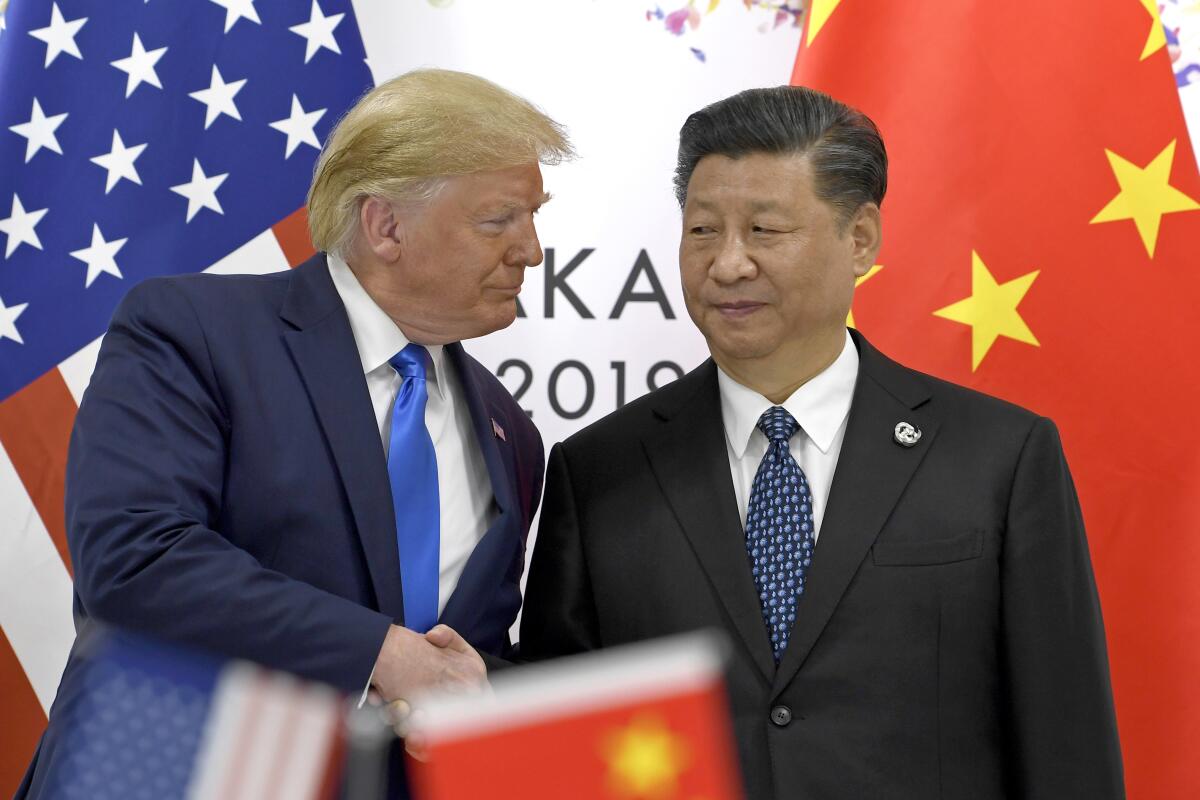The latest move in the ongoing U.S.-China trade war marks a significant escalation—one that throws a harsh spotlight on the Trump administration’s economic strategy. With China raising tariffs on American goods from 84% to a staggering 125%, this tit-for-tat conflict is no longer just about economic pressure—it's a full-blown standoff with global implications. And once again, it shows how the administration’s reckless policies and lack of strategic foresight have cornered the U.S. economy into a dangerous position.
From the start, Trump’s trade war was marketed as a bold plan to “rebalance” the U.S.-China relationship, restore manufacturing, and “win.” But after months of chest-thumping and punitive tariffs, the scoreboard tells a different story. American farmers have suffered, manufacturers are squeezed, inflation has crept into consumer goods, and global allies are questioning the reliability of U.S. economic leadership.
Now, with China striking back harder than ever, the consequences are about to deepen. A 125% tariff on American exports doesn’t just hit big corporations—it hits middle America. It’s the soybeans, corn, and pork farmers who rely on China as a top buyer. It’s the mid-sized factories that already struggled to survive under rising costs and disrupted supply chains. These businesses don’t have the resources to absorb these hits, and once they start closing shop, jobs vanish—often in the very towns that were promised a revival under Trump's "America First" mantra.
Worse still, the administration’s unpredictability and lack of diplomacy have left the U.S. with few friends on the global stage. Trump tore up trade agreements, bullied allies, and now, when the economic storm is intensifying, the U.S. is isolated. There’s no coordinated response, no multinational pressure on China—just a shouting match that the U.S. economy is beginning to lose.
And let’s be clear: tariffs are taxes paid by American companies and consumers. Higher tariffs mean higher prices on American goods in China and retaliatory hikes in U.S. prices at home. It's a lose-lose situation disguised as patriotism. The very industries this trade war was supposed to protect are now paying the price for poor strategy and political grandstanding.
LISTEN TO FULL ARTICLE
In the long run, the damage could go beyond short-term losses. Global supply chains are already realigning, with China turning to other countries to meet demand. That shift won’t reverse overnight, even if a new administration rolls back the policies. American producers could permanently lose market share, and with it, a piece of their future.
This isn’t about party politics—it’s about competence. Trade wars require nuance, negotiation, and long-term thinking. What the Trump administration offered instead was bravado, economic nationalism, and a complete disregard for economic interdependence. Now, with China turning up the heat, the bill is coming due.
And unfortunately, it’s the American people—not just politicians in Washington—who will end up paying it.

